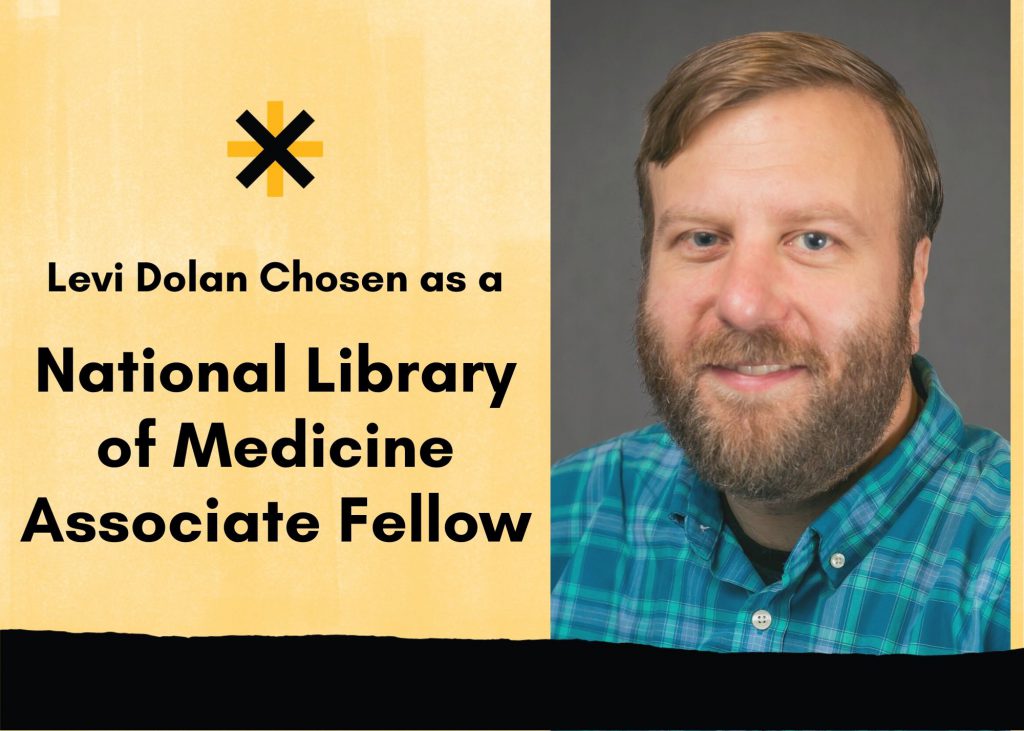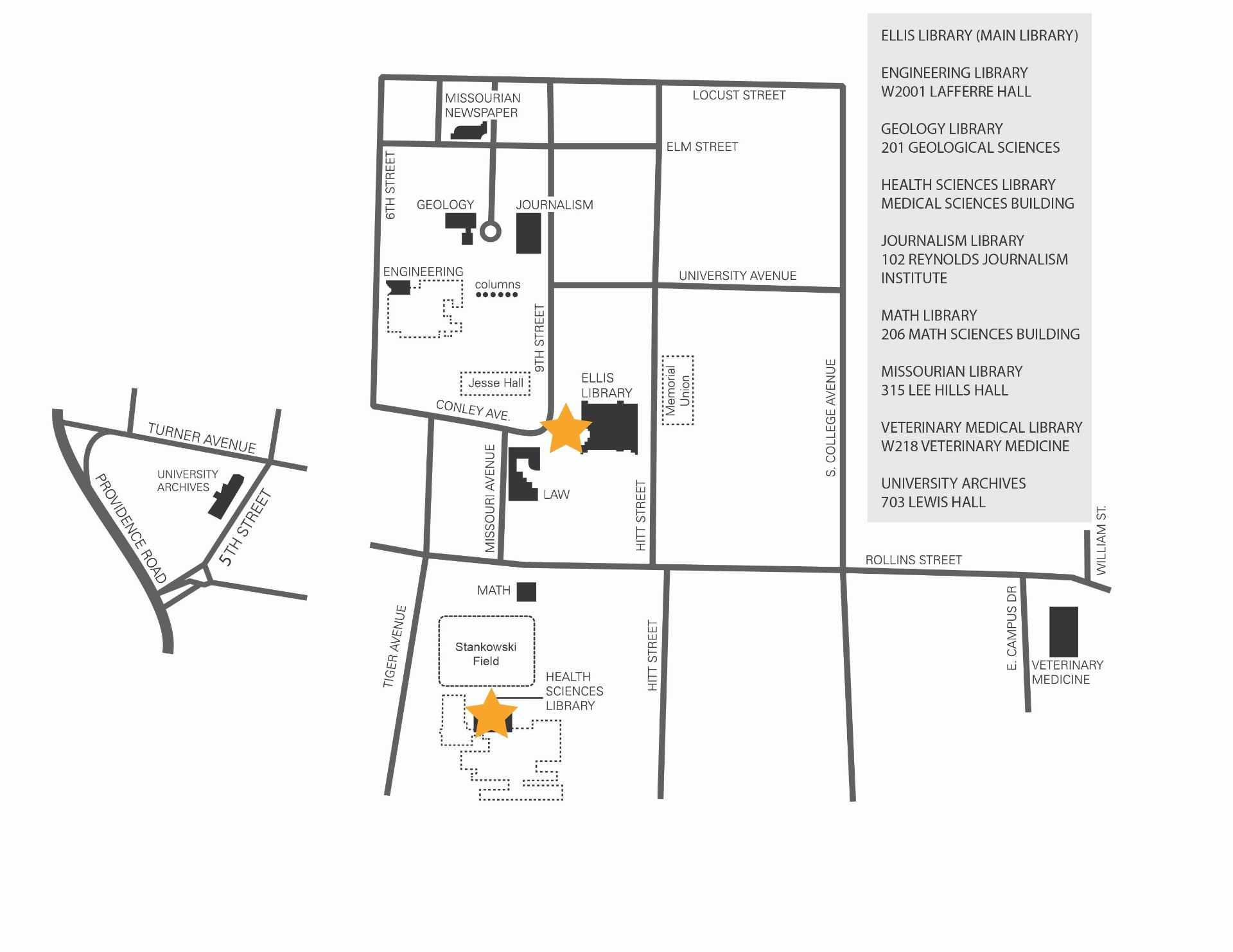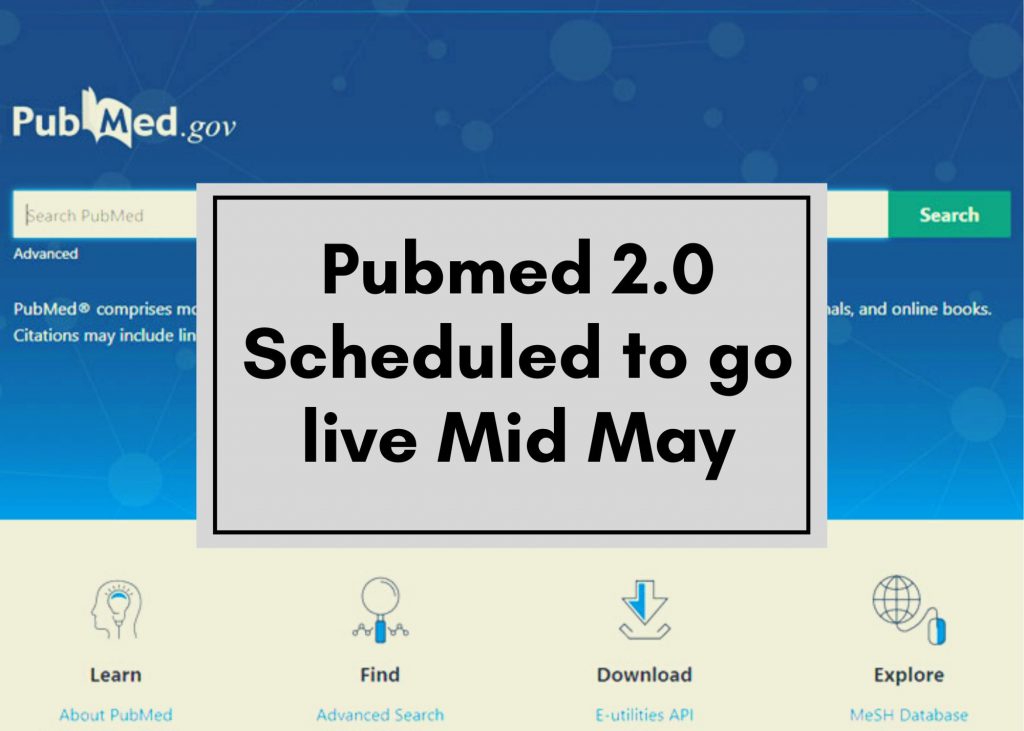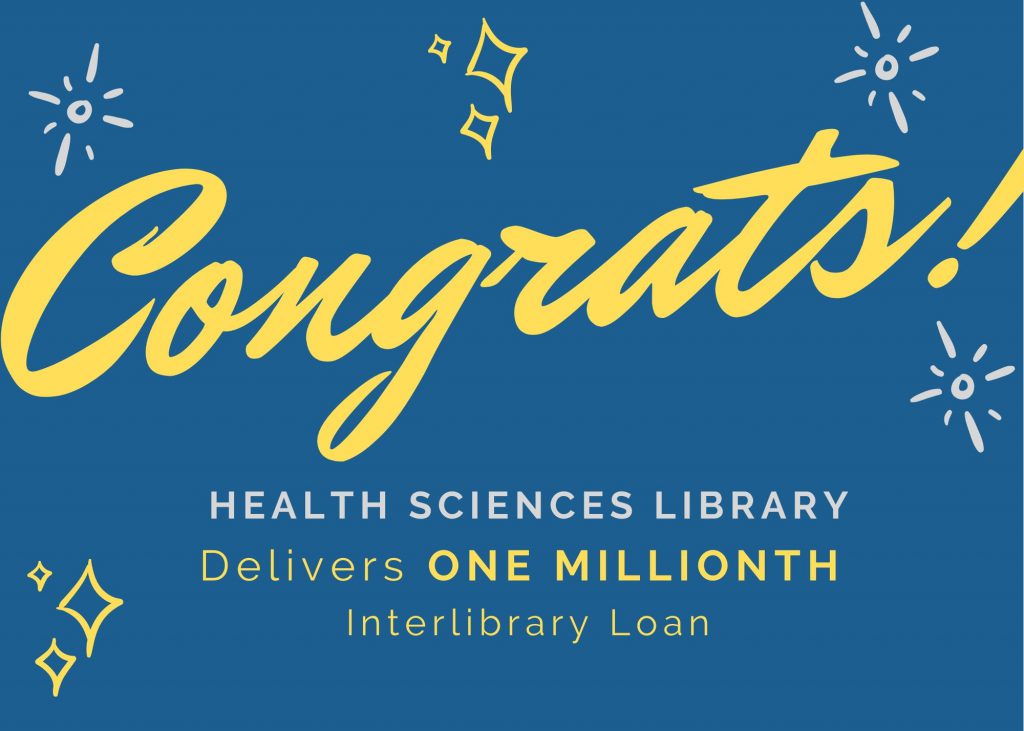Each month we provide an overview of University of Missouri authored articles in medicine and related fields as well as a featured article from a School of Medicine author with the highest journal impact factor.
May’s featured article:
“Bioinspired One Cell Culture Isolates Highly Tumorigenic and Metastatic Cancer Stem Cells Capable of Multilineage Differentiation” was co-authored by Dr. Zhenguo Liu and Dr. Xuanyou Liu of the Division of Cardiovascular Medicine, Center for Precision Medicine. The article was published in Advanced Science (impact factor of 15.840 in 2018), and is an open access article.
See the list of publications in medicine and related fields we retrieved for this month: https://library.muhealth.org/code/facultypubmonthly/faculty_publications.php?Month=May&Year=2020
*This list is not intended to be comprehensive.
Did we miss something? Email asklibrary@health.missouri.edu and we will add your publication to the list.










